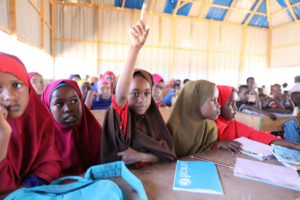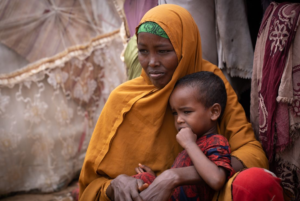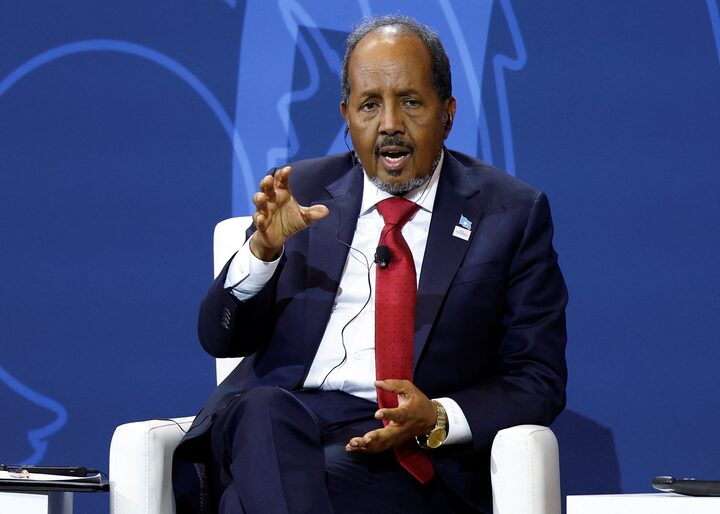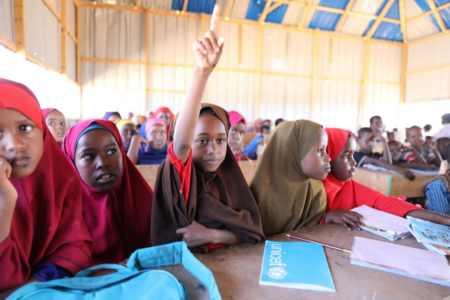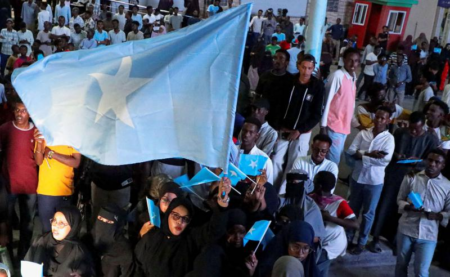Somalia is at a pivotal moment in its political evolution, as the federal government intensifies efforts to transition from an indirect electoral system to direct, one-person-one-vote elections.
This bold move aims to dismantle decades of elite-driven politics and empower citizens to shape their nation’s future through transparent democratic processes.
Why Direct Elections Matter
- Empowering Citizens: Direct elections give ordinary Somalis the right to choose their leaders, breaking away from the clan-based selection model that has long dominated the political landscape.
- Strengthening Governance: A transparent electoral system fosters accountability, reduces corruption, and enhances public trust in institutions.
- Boosting International Credibility: Democratic reforms position Somalia as a more attractive partner for foreign investment and diplomatic engagement.

Political Resistance and Challenges
Despite the government’s commitment, opposition groups remain skeptical.
Critics argue that Somalia’s security situation and logistical limitations make direct elections impractical.
However, many analysts view this resistance as a tactic to preserve the status quo, which benefits entrenched elites.
Key obstacles include:
- Clan-based power dynamics that resist inclusive reforms.
- Regional tensions, particularly with Puntland and Jubaland, which challenge federal authority.
- Security threats from extremist groups like Al-Shabaab, which disrupt electoral preparations.
Reform Efforts and Constitutional Amendments
Recent constitutional amendments and the introduction of a three-party system mark significant progress. The government has also proposed district-level elections to decentralize power and promote broader participation.
However, unresolved disputes over electoral boundaries and representation ratios continue to spark debate.
The success of these reforms hinges on political consensus and sustained security improvements.
Non-Negotiable Priority
Somalia’s journey toward direct elections is complex but essential.
While challenges persist, the potential benefits—national unity, democratic legitimacy, and long-term stability—make this transition a non-negotiable priority.
As the elections of 2025 approach, Somalia must navigate internal divisions and external pressures with strategic diplomacy and unwavering commitment to democratic principles
